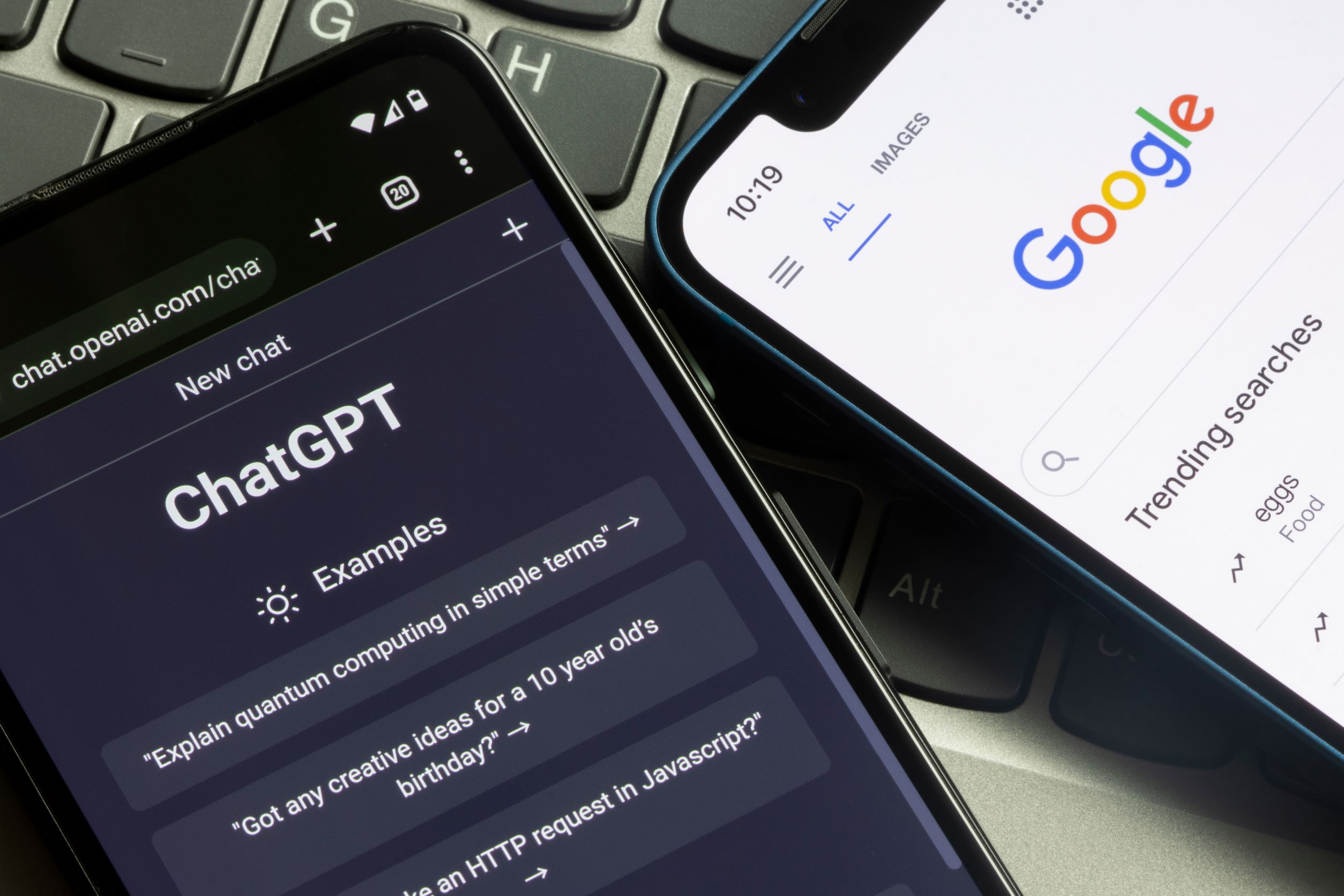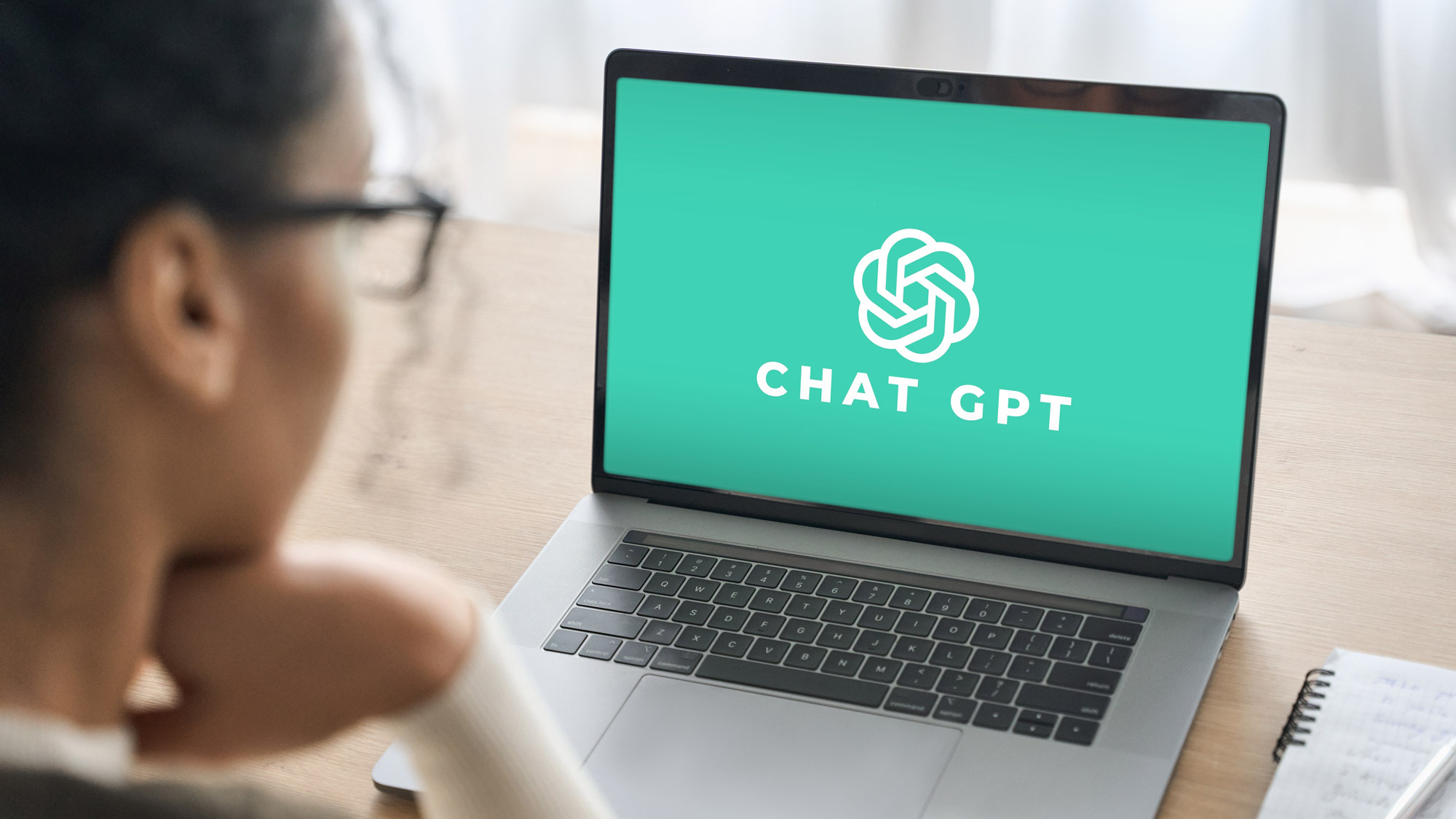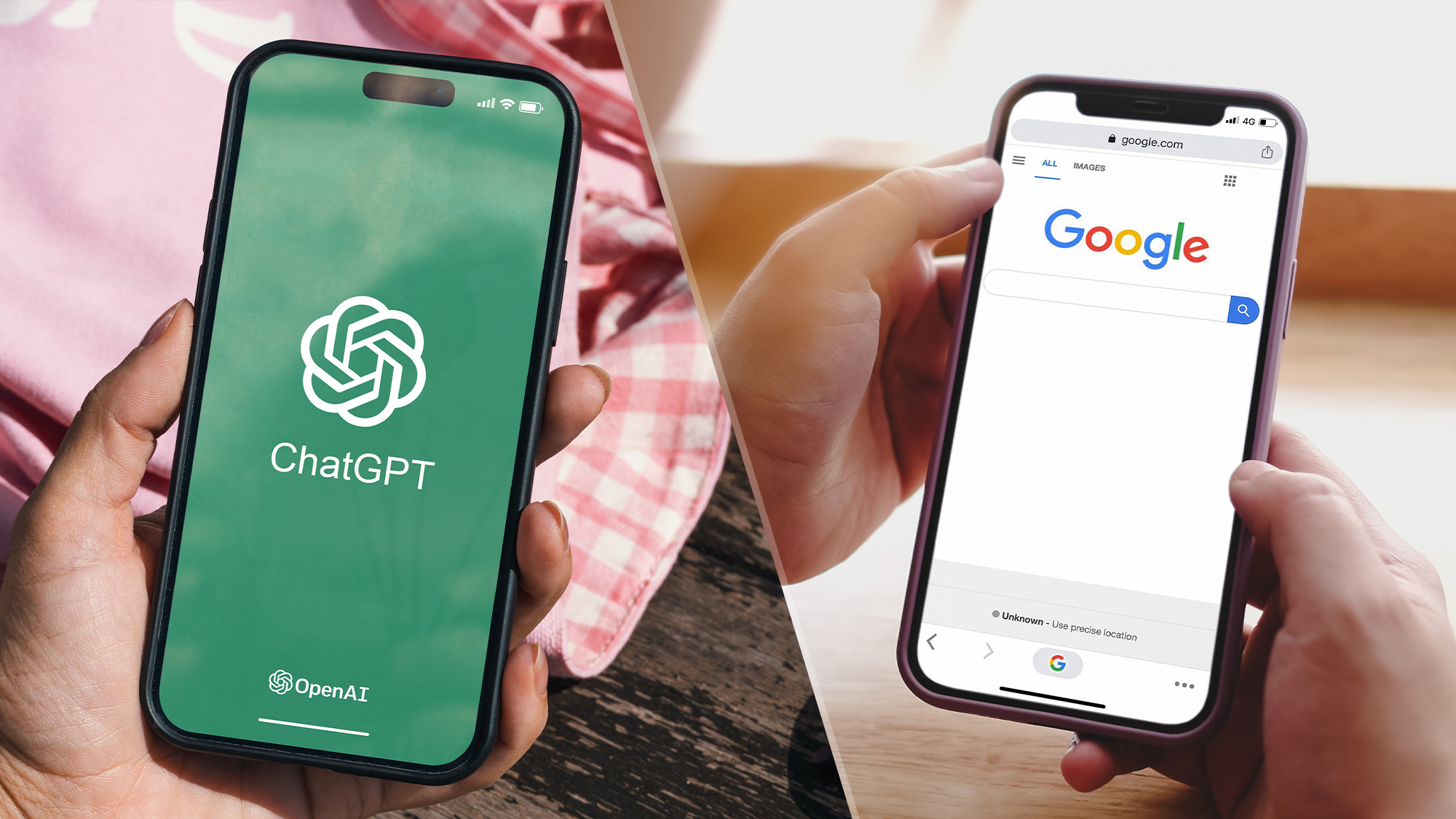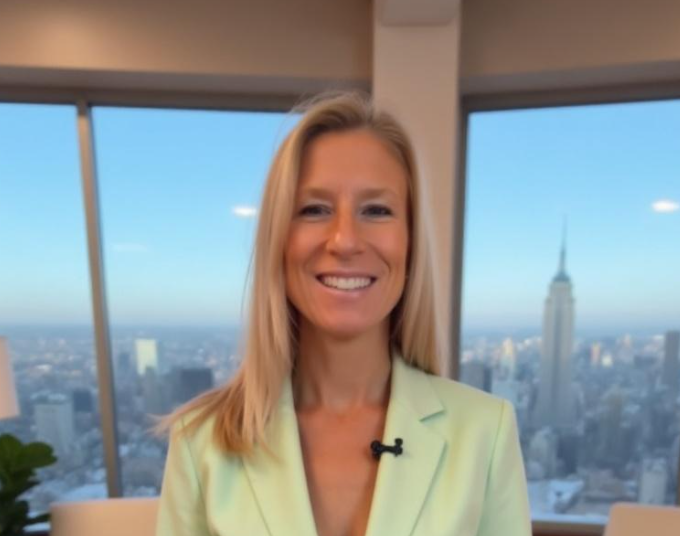ChatGPT now handles 2.5 billion prompts a day — and it’s changing how we search
Here's what it means for Google

ChatGPT users are officially chatting at scale and Google might want to start paying closer attention.
According to Axios, ChatGPT now processes more than 2.5 billion prompts per day, with around 330 million of those coming from users in the U.S. alone. No wonder CEO Sam Altman is pushing for more GPUs.
That’s a dramatic surge from just seven months ago, when the platform was averaging about 1 billion daily prompts.
The sharp rise in usage signals a major shift in how people are turning to AI for everyday answers, ideas and productivity boosts.
It also raises an important question: what happens when we start asking ChatGPT more questions than we do Google?
Search vs. chat

Google still dominates traditional search, with around 14 billion queries per day. But ChatGPT is catching up fast.
While search engines are built to index the internet and surface relevant links, ChatGPT is trained to understand, summarize and synthesize language.
That difference matters. More users are beginning to favor AI chat assistants for explanations, writing help, summaries and planning rather than sifting through web results.
Get instant access to breaking news, the hottest reviews, great deals and helpful tips.
OpenAI's growing numbers show that chatbots are becoming default tools for a wide range of tasks, from work to school to daily life.
Why it matters

If ChatGPT becomes the first stop for everything from dinner recipes to customer service scripts, it could chip away at Google’s dominance in user attention, and eventually, ad dollars.
It also suggests that generative AI is becoming deeply embedded in user habits, which means this shift for everyday users could mean:
- Faster, more personal answers
- Fewer clicks to get to what you need
- New expectations for tools like Gemini, Claude and even Siri
But there are trade-offs. ChatGPT’s free tier still makes up the bulk of its user base, and while that scale is impressive, it also presents challenges.
Running billions of prompts a day takes serious compute power, and OpenAI may need to adjust pricing, access or model behavior as it balances growth with sustainability.
What this means for users

If you're already using ChatGPT regularly, this moment confirms you're not alone. But it also highlights the importance of knowing when to use a chatbot versus a traditional search engine.
Use ChatGPT when you want something explained or simplified, you need help brainstorming or organizing ideas, or want support learning something new.
If you're shopping locally or looking up something and want a variety of sources. Google is also a good option for fact-checking, although you can use ChatGPT for that, too.
The takeaway
It's clear that ChatGPT is becoming a daily tool for hundreds of millions of users, and its 2.5 billion daily prompts show no signs of slowing.
Whether this is a Google killer or a new kind of assistant remains to be seen.
But one thing’s clear: the way we search, learn and interact with information is evolving fast, and AI is at the center of it.
Follow Tom's Guide on Google News to get our up-to-date news, how-tos, and reviews in your feeds. Make sure to click the Follow button.
More from Tom's Guide
- Sam Altman gives stern warning on AI, fraud and passwords — 'That is a crazy thing to still be doing'
- Claude vs ChatGPT explained: What each AI does best — and how to choose the right one
- I use ChatGPT every day — here are 9 new prompts I can’t live without

Amanda Caswell is an award-winning journalist, bestselling YA author, and one of today’s leading voices in AI and technology. A celebrated contributor to various news outlets, her sharp insights and relatable storytelling have earned her a loyal readership. Amanda’s work has been recognized with prestigious honors, including outstanding contribution to media.
Known for her ability to bring clarity to even the most complex topics, Amanda seamlessly blends innovation and creativity, inspiring readers to embrace the power of AI and emerging technologies. As a certified prompt engineer, she continues to push the boundaries of how humans and AI can work together.
Beyond her journalism career, Amanda is a long-distance runner and mom of three. She lives in New Jersey.
You must confirm your public display name before commenting
Please logout and then login again, you will then be prompted to enter your display name.
 Club Benefits
Club Benefits















